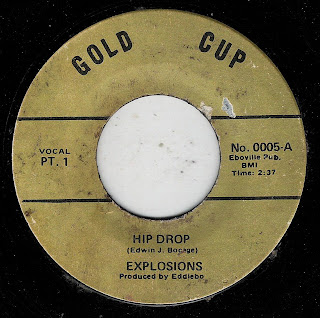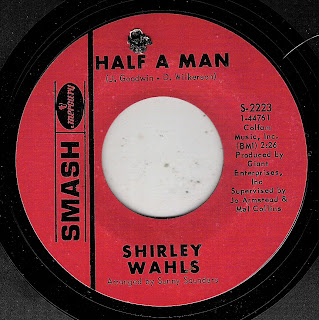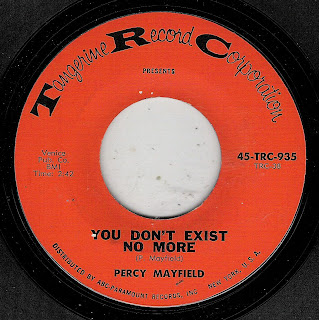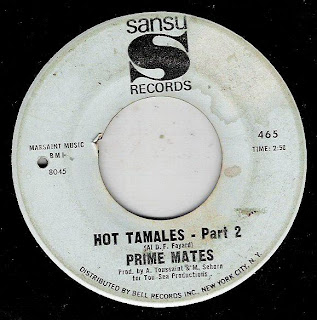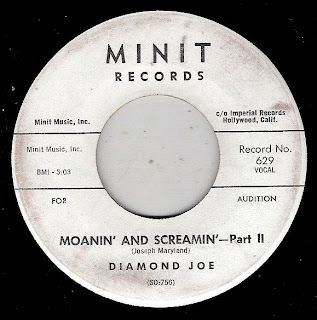
I'm traveling all this week. First Boston, then on to a conference in Chicago. After that, I
could fly to New Orleans to catch the last night of the Ponderosa Stomp, but since I'm supposed to be in Portland the following Monday morning, the extra flight really doesn't make sense. I literally wouldn't even have time to unpack my bag, a delayed flight could make it all for naught, and it's expensive to boot.
Too bad. Last year, I made the 10 hour drive down from Austin, but was so tired and distracted by the time I got to New Orleans that I might as well not have bothered. Ya see, the previous Stomp schedule, centered in and around Jazzfest, directly conflicted with final exams and reviews. This year was supposed to be easy. I particularly wanted to see Wallace Johnson.
Maybe next year.
.............................................................................................
The odd thing about Robert Parker's work with Wardell Querzergue is that so many of the tunes sound like hits. I mean, seriously big hits. In fact, If you'd have asked me three years ago, I'd have said most of them were huge. But they weren't. Not outside of New Orleans. "Barefootin" and to a lesser degree, "Hip Huggin", were the only two to make waves nationally.
This is a tough 45 to find. My friend C. has been watching Ebay closely for years, and he says he's only seen two, maybe three, copies offered at auction. The guy I bought my copy from said it's the only one he's ever run across.
That doesn't mean you haven't heard the song before, it's relatively easy to find on various collections and comps, not the least of which is "Robert Parker: The Wardell Querzergue Sessions". Which makes me wonder if the easy availability of collections and re-issues doesn't tend to skew history in the minds of present day listeners. In this case, you have a record that didn't sell at all, but is now quite easy to find as a digital copy, and it sounds like it must have been a hit in the day. Even with good liner notes explaining the situation, I think it's all too easy to forget how obscure some of these records were/are.
This was the last record issued on the Nola label.....which probably means it was issued in 1967. Nola was one of the labels that collapsed when Cosimo Matassa went bankrupt trying to keep up with the demand for Aaron Neville's, "Tell It Like It Is".
